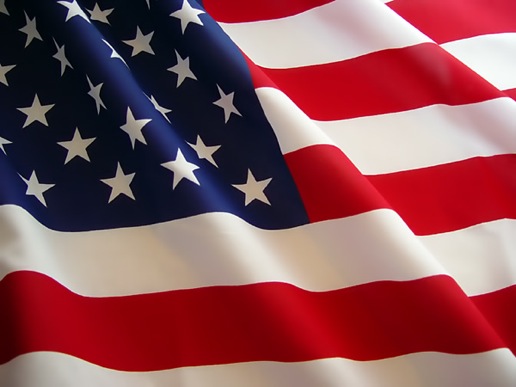 American Gaming Association (AGA) chief executive Frank Fahrenkopf doubts that federal regulated gambling will happen this year and instead reiterated his belief that foreign-hosted sites are “the next frontier of our business”. Fahrenkopf was speaking at the Global Gaming Expo (G2E) in Vegas and told reporters that quick action in the lame duck session will be the only way to get the bill to pass.
American Gaming Association (AGA) chief executive Frank Fahrenkopf doubts that federal regulated gambling will happen this year and instead reiterated his belief that foreign-hosted sites are “the next frontier of our business”. Fahrenkopf was speaking at the Global Gaming Expo (G2E) in Vegas and told reporters that quick action in the lame duck session will be the only way to get the bill to pass.
“We will need plenty of hard work and a little gambler’s luck to see a federal bill pass this year. Obviously, nothing is going to happen before the election. That means a lame duck (session) is our last chance,” Fahrenkopf said.
The AGA is one group that is behind the regulation of online poker at a federal level as at a state level it will be a patchwork of rules that risk the safety and wellbeing of customers, according to Fahrenkopf. At the same conference, David Schwartz, director of the center for gaming research at the University of Nevada, Las Vegas, stated that regulation is “inevitable at state level” but “at the federal level, it’s a toss up”. Couldn’t have put it better myself, David.
Mark Lipparelli, former chairman of the Nevada Gaming Control Board, told the conference floor that up to 15 states could regulate gambling in the next four years. GamblingCompliance reports that Lipparelli said in the next 12 to 18 months we can expect five states to legalize some sort of iGaming. Lipparelli did sound a note of caution to those thinking state-by-state regulations will be quick to roll out and cited the “complexity” of state-by-state regulation as a reason for this.
Major sports leagues in the United States are calling New Jersey hypocritical after pointing out their sports betting bill allows no betting on New Jersey college games. A court filing by the major professional sports leagues and NCAA read as follows:
“Notwithstanding defendants’ insistence that the state’s gambling scheme will have no adverse effect on the sports organizations, the state has exempted the sporting events of its own college and university teams, as well as all collegiate sporting events held within New Jersey, from the very gambling that defendants now insist will cause no injury.
“Nowhere in their brief do defendants attempt to explain why New Jersey has singled out its own teams and sporting events for protection from injuries that purportedly do not exist.”
The two sides are currently locked in a bitter dispute over whether New Jersey should be allowed to offer sports betting at Atlantic City casinos and Jersey horse tracks.
